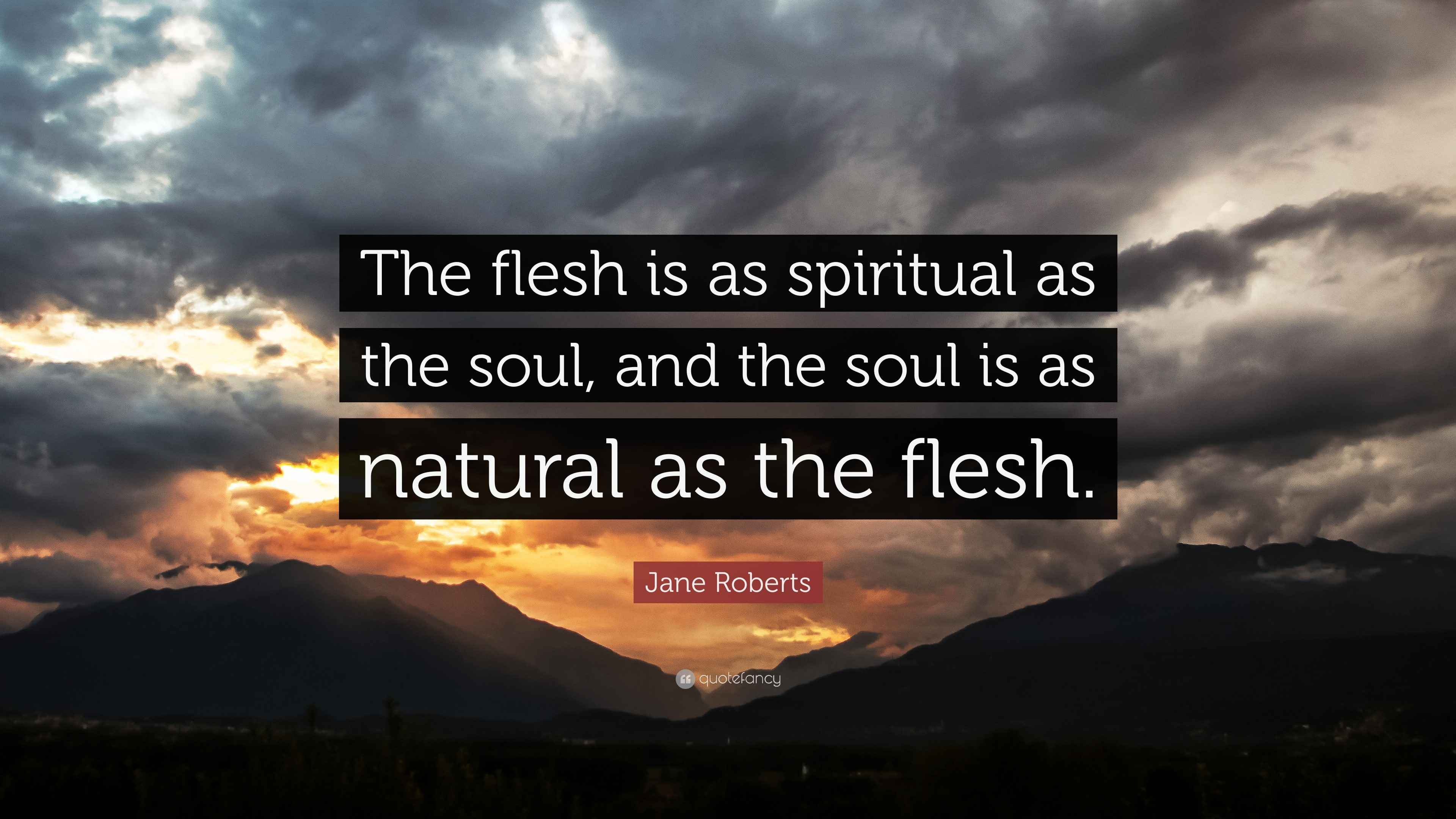The soul normally shapes us from within. It is what makes our body come to life and gives us animation. It is the core of thoughts, feelings and identity. While we can feel and see our body, we cannot touch the soul. Nevertheless, many think the soul is what makes us who we are, as the soul is not limited to our skin, name, or profession. Across many religions and cultures, the soul is considered to be eternal; it lives beyond us and certainly beyond our body once we die.
Read more: which one is your best possible version
An Enigma Beyond Science
Science can explain the inner workings of the body, but it cannot fully explain the soul. Hence, this is why the soul remains one of the greatest mysteries of life. Some say that the soul connects us to a higher power, whether that is God or the universe. Others believe that, more fundamentally, it holds our conscience — the little voice that tells us right from wrong. Wherever one stands in the question of the soul, whether they believe it to be a spark of divine light, or a deep piece of what makes us human, the soul still raises questions, inspires faith, and leaves us in wonder all over the world.
The Soul Across Various Beliefs
various religions and cultures describe the soul in different ways. Islam refers to the soul as the ruh, and according to the Quran, the soul is a gift from Allah and returns to him upon death. In Christianity, the soul is eternal and will face judgment afterlife. Hinduism describes the soul as atman, which may be reincarnated into new bodies in a cycle known as reincarnation. Regardless of the differences in belief systems, they all share a commonality – the soul is more relevant than the body. Hence, the soul reflects our essence and it has been the focus of our lives connecting us to that greater being outside of ourselves.

Hearing the Soul
Many think that we can hear the soul when we sit in silence, pray, or reflect. That quiet voice inside us, the feeling of discomfort, or peace, may be the soul as it speaks to us. In this fast-paced world we live in, we forget to listen to the voice of the soul. However, if we take the time to listen, the soul will help us identify truth, kindness, and purpose. The soul speaks to us about concern for other people, wisdom, and meaning in our lives — for now, and for something beyond this life.
The Soul in Psychology
In psychology, we study mind and behavior. Most psychologists today will not talk about what we used to call “the soul,” but use terms like “consciousness,” “mind,” or “self.” These words refer to our ideas, feelings, and personality—we naturally associate these concepts with the soul.
Some psychologists believe that what we call the “soul” is nothing more than what’s happening in the brain. They believe feelings and memories are brain functions, and our identity is a result of how our brain congeals. From that perspective, the soul is not separate; it is just the mind created by the brain.
Some psychologists think that consciousness is more than brain signals. They ask: Why does it feel like there’s something alive inside of us? Why do we have personal experience? These important questions continue to be unanswered in psychology.
The Soul in Biology
Biologists do not study the soul; they study the body. Their concern is with the body’s cell biology, organ biology, and brain biology. Many biologists adopt the perspective that our thoughts, feelings, and even our notion of “self” are derived from the brain.
For example:
If someone has brain damage, they may become a different person.
Brain scans can show the areas that “light up” when we feel love, fear, or sadness.
Thus, we see a relationship between the brain and our inner life. Can the brain explain all about who we are, though?
Many scientists say no. They even acknowledge a mystery, in that there’s something different and unexplained about human life. Where do we get our “I exist” from? Can a body alone have the feeling of “I exist?”
The Soul in Quantum Physics
Quantum physics studies the very small—the particles that are smaller than atoms! Some scientists think quantum theory might explain consciousness and maybe even the soul.
Some researchers believe the brain may utilize quantum processes in creating consciousness. This idea is in its infancy, and neither this idea nor the last question is yet proven, but there are some implications here that give rise to some big questions:
• Does the soul attach to the universe in a massive, hidden way?
• Could our awareness, our thoughts, and consciousness be much more than biology?
The Soul in Islam
Soul is part of Islam. It is known as “Ruh” in Arabic. In the Quran, it says:
“They ask you concerning the soul. Say: The soul is from the command of my Lord, and you have been given only a little knowledge of it.” (Quran 17:85)
This indicates that the soul is a secret that only Allah knows best, and human beings can’t understand it.

Islam clearly states that:
• The soul is a gift from Allah.
• It comes into the body when we are in the womb.
It leaves the body when we die, but does not cease to exist.
• On the Day of Judgment, the souls will return to their earthly bodies and receive judgment.
• The soul is what makes us human. It carries our beliefs our emotions and our connection with Allah. Hence, islam wants us to nurture both our body and the soul through worship, good deeds, and remembering Allah (dhikr).
Concluding Thoughts
In psychology, it is attached to the mind. In biology, it relates to the brain. Whereas, in quantum physics, it points to something that could be deeper. Eventually, all of the sciences acknowledge that it is a deep mystery. In conclusion, regardless of whether one comes to understand the soul via science or faith, it is our soul that reminds us that we are more than just a body.



Leave a Reply